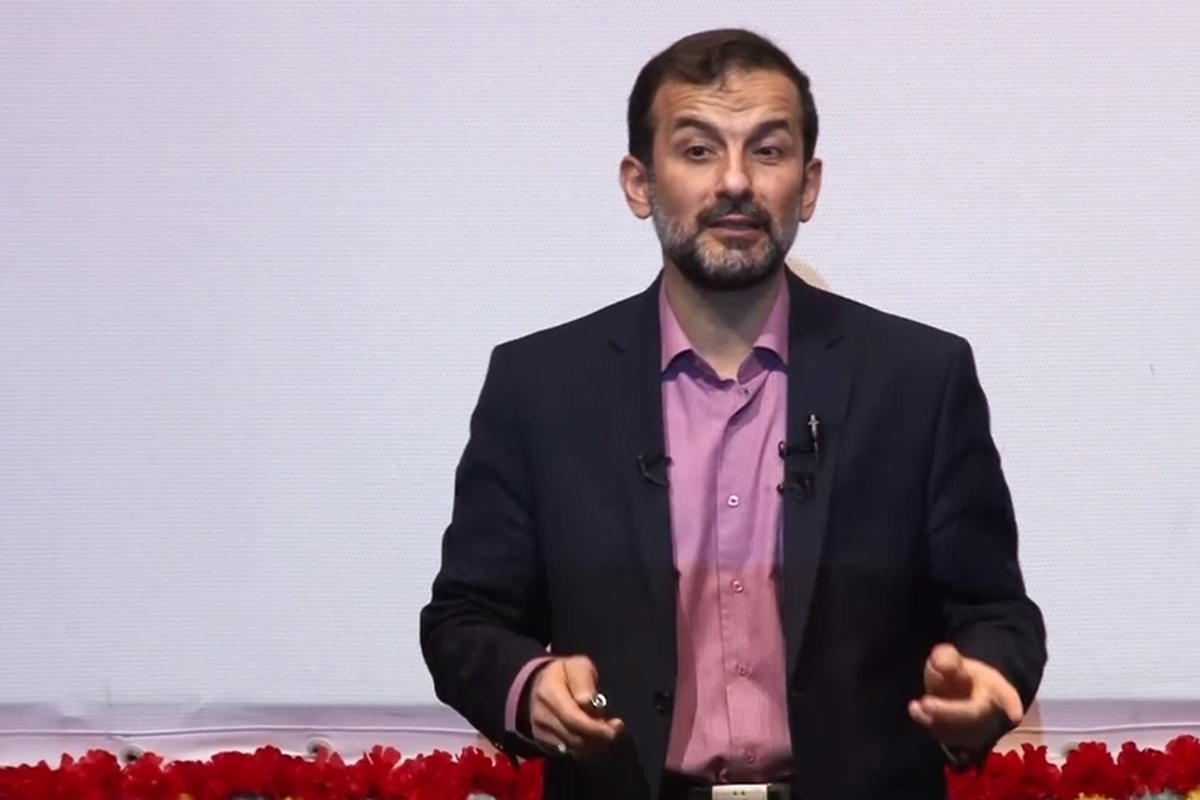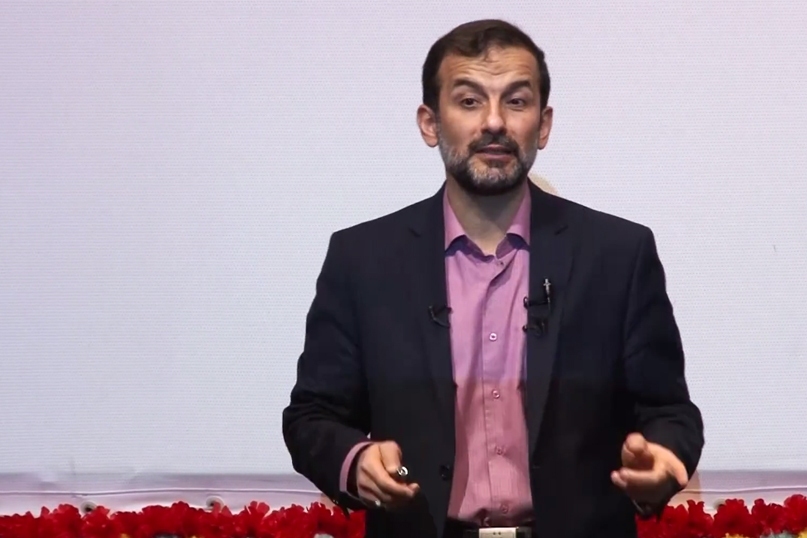Quran Recitation An Effective Art in Promoting Faith: Expert


Ali Reza Lotfi, who served as an educational advisor in the second edition of Iran’s Imitative Quran Recitation Festival, made the remark in an interview with IQNA.
The festival concluded in a ceremony in the northern city of Qazvin on Monday evening where top winners were named and awarded. “Recitation of the Quran is an art form, in fact, a religious art that is highly effective and impactful in promoting faith and the Holy Quran. Therefore, there is no debate about the righteousness of this practice, as spreading religious teachings without art lacks appeal,” he said.
“This art needs to accompany religious teachings to have an impact. On the other hand, art itself, if separated from religion, might not follow its true path.”
He said that religious arts like the recitation of the Quran have a unique characteristic: when people hear a beautiful recitation of the Quran, not only are they drawn to the Quranic messages through the recitation, but they also develop an admiration for the reciter.
“However, if the reciter steps down from the podium and interacts with people in society, and it becomes evident during these interactions that the reciter, whom they have grown to admire, does not embody Quranic behavior and conduct, the Quranic recitation no longer serves as a promotion of the faith. Instead, it becomes counterproductive and has the opposite effect.”
“What I want to say is that without a doubt, alongside teaching the rules of Tajweed, Quranic recitation, and memorization, it is essential to provide moral and spiritual education to individuals from the very first Quranic sessions they attend. Unfortunately, based on what I have observed, there is no systematic training for Quran reciters or memorizers to learn and implement Quranic ethics in their daily lives. While there may have been individuals here and there who have undertaken such efforts, these initiatives have not been widely promoted or established as a standard practice.”
Lotfi went on to say that just as a Quran student learns the principles of Tajweed, Sawt, and Lahn, they should also be taught essential life skills.
Read More:
“For instance, they should learn how to manage anger, avoid feelings of discouragement, refrain from jealousy, and so on.”
He said the Quran is a book of guidance that aims to help individuals become better human beings.
As the Infallible Imams (AS) have said, the Quran is the spring of hearts, and in spring, even a dead tree comes to life.
“Similarly, anyone who connects with the Quran will grow, flourish, and see their potential blossom—provided that we approach the Quran as a guide for personal development rather than merely a book for earning rewards.”
He added, “We need Quran reciters whose words are aligned with the teachings of the Quran. Today, both the Islamic community and humanity as a whole are yearning for reciters and memorizers whose way of thinking, speaking, and living reflects the Quran—not just individuals with golden voices.”
4267825



